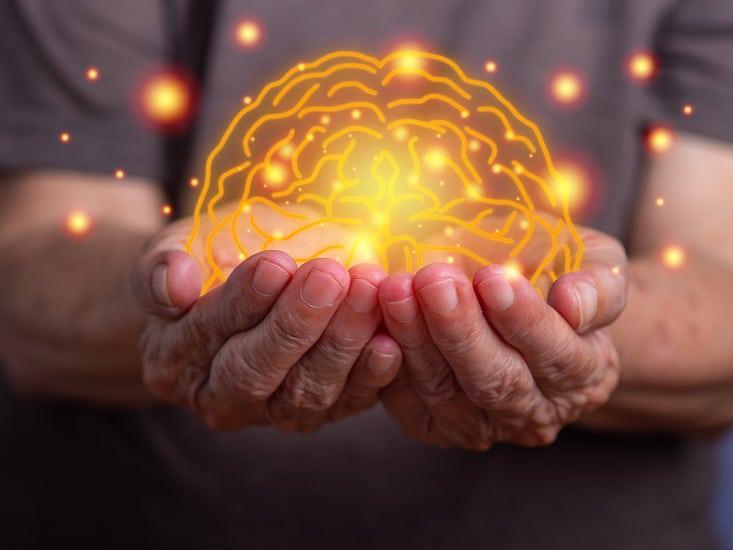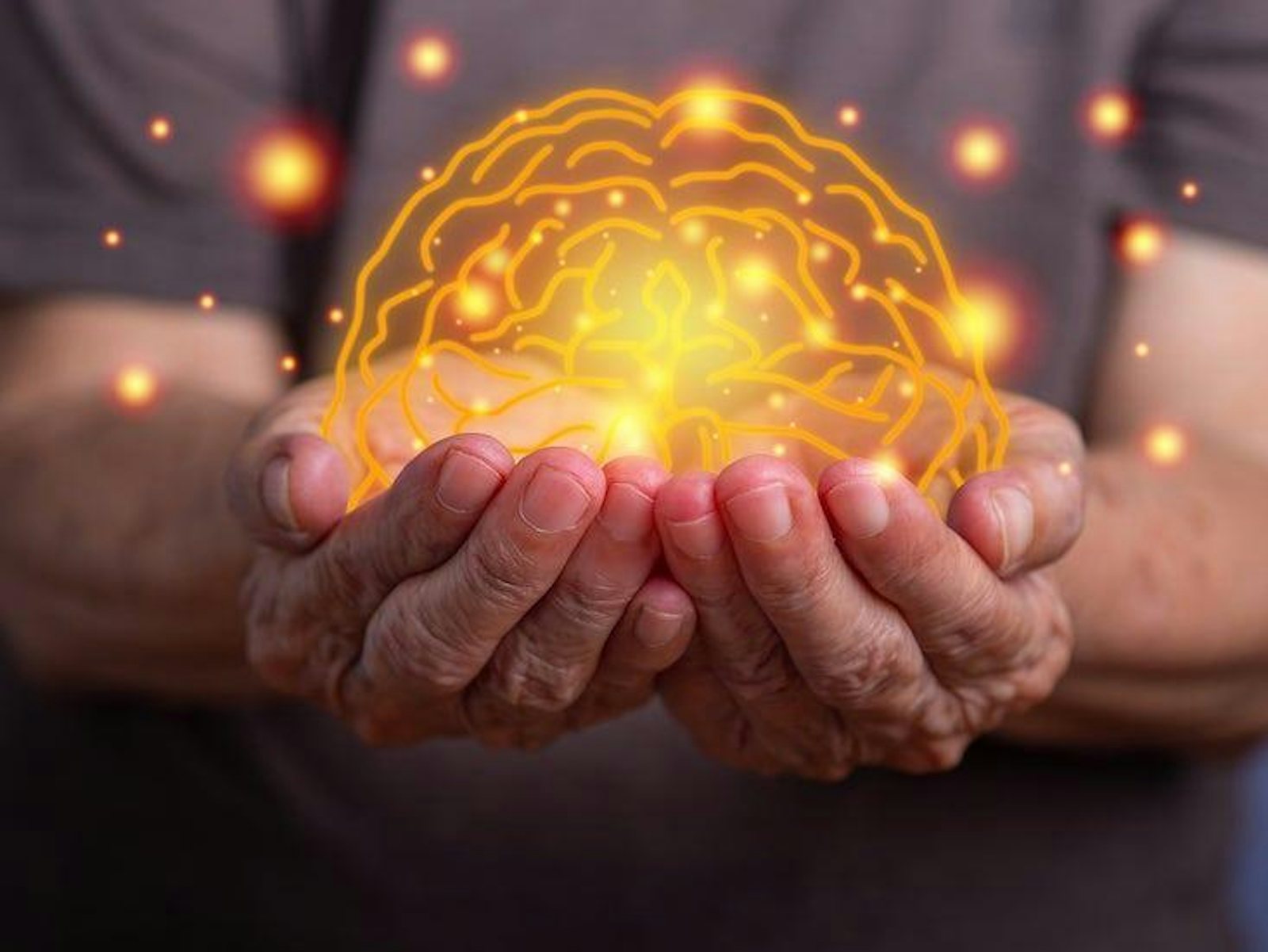
Many have noted that the big contenders in the last two American presidential elections were well into their 70s, raising questions of the mental capacity, going forward, of these potential leaders. “Starting after middle age, say around 60 or so, memory and other abilities decline,” says Dilip Jeste, professor of psychiatry and neuroscience at UC San Diego and director of the UCSD Center for Healthy Aging. But what actually declines—and what abilities might improve, as well as when, how, and at what speed—is a complex issue.
It turns out, according to a new study in Nature Human Behavior, that many things improve with age, including some cognitive aspects that had previously been thought to get worse. John Verssimo, of the University of Lisbon, and his colleagues, looked at a large sample of people between the ages of 58 and 98 and measured their performance on a broad range of cognitive tasks to get a more detailed picture of cognitive aging. They controlled for participants’ sex and education, as well as declines in general thinking speed, motor control, and perception, and found some surprising and hopeful results.
The broad strokes of the traditional thinking on lifespan psychology is that people improve in all kinds of cognition until their early 20s. After that, “fluid” intelligence, which includes thinking about new things, thinking quickly, and abstract reasoning, gradually declines until the end of life. “Crystalized” intelligence, on the other hand, which is characterized by wisdom, knowledge, and expertise at things one practices often, continues to improve with age, but with slower returns as we get older. This continues into your 70s, after which things begin to decline.
But, as cognitive psychologists have suggested, some of the aspects of fluid intelligence, such as attention, can be broken down into component parts—like alerting, orienting, and executive control. Alerting covers one’s vigilance and preparedness for responding to information coming in. This is important for driving, for example. Orienting is one’s ability to select some perceptual information over others based on what’s important. Executive control refers to one’s ability to inhibit all the information that orienting deemed unimportant, such as the conversations at other tables in a restaurant. These abilities are somewhat independent, and even involve different neural substrates. “Given that these attention/executive functions show neurocognitive differentiation,” Verssimo and his colleagues write, “we suggest that they may also show distinct susceptibilities to aging.”
Does age affect fluid intelligence broadly, as has been traditionally believed? Or, given that these components are anatomically distinct, might aging affect each one differently?
To find out, Verssimo and his colleagues used a common measurement tool, the Attention Network Test, which provides individual scores for alerting, orientation, and executive function. As expected, older people are slower in general, as measured by their response time in the task (how fast they hit a button in response to something on the screen), at the rate of an average increase of 6.3 milliseconds per additional year of age. But there were differences in the components: alerting got worse with increasing age but orienting, and the ability to inhibit irrelevant information, got better. There are ways we get smarter with age, even in the domain of fluid intelligence.
“Thus, our findings, together with other data, argue against theories positing general age-related declines in attention and executive function,” the researchers write. “[E]ven though aging is widely viewed as leading to cognitive declines, it in fact yields multifaceted outcomes, including a range of benefits.”
Many decisions a president has to make require careful thought, and the important decisions never need to be made so fast that milliseconds make a difference. These days, presidents don’t even drive themselves. And given that age tends to increase abilities in vocabulary, language comprehension, reading others’ emotions, and knowledge, perhaps American candidates being in their 70s shouldn’t worry us too much. At least as far as brain power goes.
Jim Davies is a professor at the Department of Cognitive Science at Carleton University. He is co-host of the award-winning podcast Minding the Brain. His new book is Being the Person Your Dog Thinks You Are: The Science of a Better You.






























